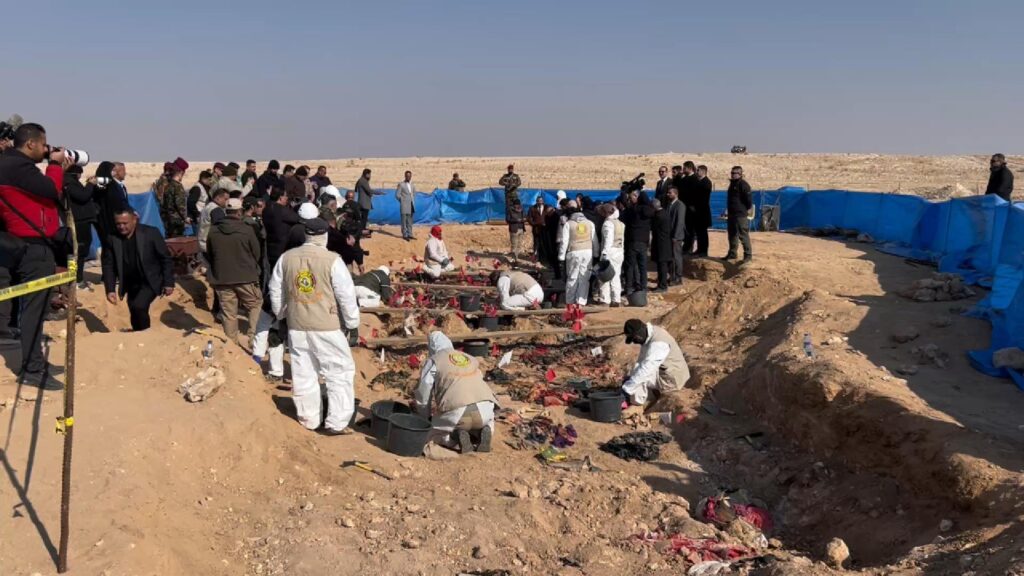Iran says IRGC is ‘red line,’ will equate US army with ISIS in retaliation

The US State Department appears to be preparing to designate the powerful Islamic Revolutionary Guard Corps (IRGC) as a foreign terrorist organization, a decision that could be announced on Monday according to the Wall Street Journal. While a number of military, engineering, and oil branches of the IRGC, as well as senior individual members, have already been blacklisted by the US, the organization itself with over 120,000 serving members has avoided the rap until now.
“Even though we believe that we should not play in the court of American extremism, the reality is that we need to retaliate in the same way,” Heshmatollah Falahatpishe, the head of the National Security and Foreign Policy Committee of the Iranian Parliament, told ISNA.
“Given that America wants to place the Islamic Revolutionary Guard Corps on the list of terrorist groups, we have prepared a fast-track emergency bill so that the moment this happens, we will place the American soldiers alongside Daesh in the list of terrorist groups,” he added, using an Arabic acronym for the Islamic State (ISIS).
Under parliament regulations, fast-track emergency bills are introduced in emergency situations and can be tabled in the parliament within 48 hours of introduction. A statement from 255 parliamentarians on Sunday said targeting the IRGC is a “red line” and warned US President Donald Trump against going ahead with his punitive measures.
The Iranian reaction comes a day after the country’s highest authority Ayatollah Ali Khamenei called on the Iraqi government to speed up the process of forcing Americans out of Iraq.
“You should take necessary measures so that the US will withdraw its troops from Iraq as soon as possible,” Khamenei told visiting Iraqi Prime Minister Adel Abdul-Mahdi on Saturday in Tehran. “In any country where US maintained an enduring military presence, the process of expelling them became more complicated and problematic.”
Iraq is highly dependent on Iranian natural gas and electricity imports as well as American firepower, military equipment, and training to fight ISIS remnants in the north and west. Caught in the middle, it is therefore set to lose the most from escalating tensions between Washington and Tehran.
Abdul-Mahdi is in Iran for a two-day visit to boost trade, financial, security, and energy cooperation between the two countries. He has made it clear he wants to avoid turning Iraq into a battlefield between the US and Iran.
The two long-term adversaries brought their rivalry into Iraq in the years after the overthrow of Saddam Hussein in 2003. Washington has blamed Iran for American deaths in Iraq.
“In Iraq, I can announce today, based on declassified US military reports, that Iran is responsible for the deaths of at least 608 American service members,” Special Representative for Iran and Senior Advisor to the Secretary of State Brian Hook said on April 2. “This accounts for 17 percent of all deaths of US personnel in Iraq from 2003 to 2011. This death toll is in addition to the many thousands of Iraqis killed by the IRGC’s proxies.”
President Donald Trump, who withdrew from the 2015 nuclear deal last summer, has vowed to bring the Iranian regime to its knees by crippling its economy through a “campaign of maximum financial pressure,” targeting its energy, shipping, shipbuilding and financial sectors.
Iran refutes the claim that the IRGC is involved in terrorist activities. Falahatpishe, head of the parliament’s national security committee, warned that designating the IRGC as a terrorist organization would serve the interests of terrorists.

